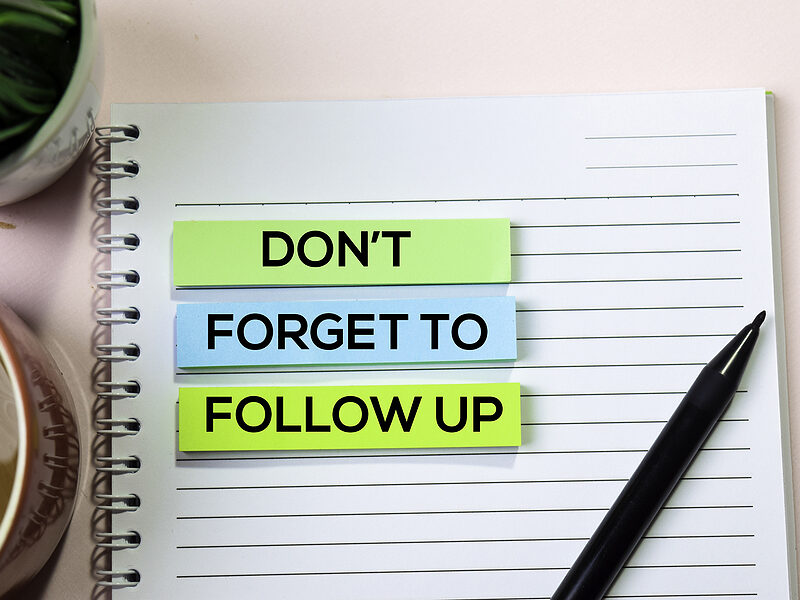Ah, writers conference season—the time of year when writers come together to learn, connect, and get inspired. There’s something phenomenal about being surrounded by fellow creatives, soaking up knowledge from industry experts, and leaving with a head full of ideas and a heart full of inspiration. But as the dust settles and the conference high begins to fade, what comes next? How do you ensure that the valuable insights and connections you gained during the event translate into tangible results for your writing career?
Here are three key insights to help you make the most of conference season:
Rest, Reflect, and Recover
The conference high is real. After days filled with workshops, panels, and networking events, it’s natural to feel energized and bursting with ideas. But before diving headfirst into a million creative projects, take a moment to rest, reflect, and recover. Give yourself the space to process all that you’ve learned and experienced. Take a step back and prioritize self-care. Remember, creativity thrives in a rested and rejuvenated mind.
Actually Follow Up
One of the most valuable aspects of attending a conference is the opportunity to expand your network within the writing and publishing industry. But here’s the thing: Collecting business cards and LinkedIn connections is only the first step. The real magic happens in the follow-up. Take the time to reach out to the contacts you made during the conference. Send personalized emails or messages expressing your appreciation for the opportunity to connect and discuss potential collaborations or partnerships. Building and nurturing relationships is key to long-term success in the writing world.
Seriously, Implement What You Learn
Attending workshops and seminars can be incredibly informative, but the true value lies in how you apply that knowledge to your own writing practice. Be intentional about selecting sessions that align with your goals and areas of interest. Ask yourself, “Will I actually use this information?” Use your time wisely by focusing on workshops and panels that teach practical skills or strategies you can implement immediately. Don’t just collect knowledge; put it into action.
Conference season is an exciting time filled with opportunities for growth, learning, and connection. But the real work begins after the event ends. Take the time to rest and recharge, follow up on new contacts, and implement what you learned into your writing practice. By doing so, you’ll not only maximize the value of your conference experience but also set yourself up for success in your writing journey. So be encouraged, stay focused, and keep writing!



 Best-selling Books This Week, 75 Years Ago
Best-selling Books This Week, 75 Years Ago

You think the higher-ups you meet
will likely not remember you,
but remember as you greet
them, they are human, too,
and can grow a bit fatigued
of investing talking-time
that leads to being aggrieved
when a dude won’t seem to drop a dime
and call back with gratitude
for those attentive moments
Sure, dude does not want to intrude,
and thinks that outreach foments
a feeling he’s beyond his place,
when really, it’s a touch of grace.
Thanks, Megan. Great post. As a first-time conferee, I hope I am following up as much as I want to. As a result, I have found an editor, met four other great people who also took a look at my manuscript, and had some good dialogues with some of my fellow attendees. In trying to reach out to others, who, for whatever reason never exchanged cards, I am wondering if there is a way, through WTP/CWI, to send some notes to them? One person I recommended a book to read that will go well with his project, and want to send it to him; another I want to add a note to the words of encouragement I offered at the conference, but I don’t have an email address. In days gone by, there would be a contact sheet available after the gathering, but I suppose these days, people are leery of having an organization share their contact info? What do you think?
Very useful. Thanks and God bless you.
Blessings.